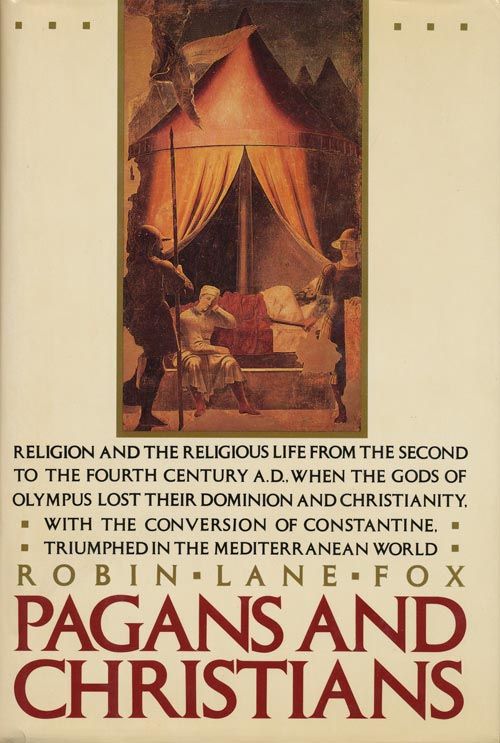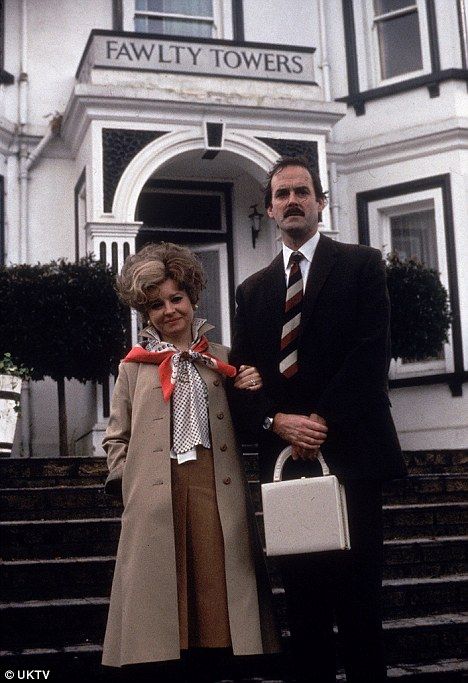Whenever I'm stuck for a subject, which seems to be often these days, I am comforted by the assurance that I can always turn to our trans-Atlantic crazy-uncle-in-the-attic for blue ribbon dementia to satirize. I know, I said I was going to knock that off as being too easy, but sometimes you have to take the path of least resistance.
In our latest sample of British folly, we learn that the tax-supported agency VisitBritain has distributed a list of ways to avoid offending visitors of various nationalities.
Mocking the accents of visitors from
India and shouting at Japanese tourists is the kind of service you might
only expect from the terminally tactless Basil Fawlty. But
now tourism chiefs think Britain’s real-life hoteliers need to be
taught how to avoid making such gaffes with foreign guests. ...
Some - such as the warning not to poke fun at Indian accents – border on the blindingly obvious. Others
are downright bizarre, with tour operators instructed to avoid putting
people from Hong Kong in historic houses or four-poster beds because
they are superstitious and may fear ‘a ghostly encounter’.
Oh, and "anticipate the needs of a Japanese visitor -- even if they haven't told you what they are." Haven't told you their needs, or haven't told you they are Japanese visitors?
I read recently that when Fawlty Towers is rerun on U.K. television now, they bleep out all Basil Fawlty's offensive expressions, such as "wog." But wasn't Basil insulting his clientele the humorous point?
Oddly enough, the article mentions no points of etiquette in dealing with Americans. Surely we Yanks are funny-peculiar enough, as Brits see us, for VisitBritain to offer a few tips to hoteliers about staying in our good graces.
As a favor to VisitBritain, I will contribute a few suggestions in aid of mutual understanding.
ADDENDUM TO MEMO FOR PERSONS ENGAGED IN THE TOURISM TRADE
Please insert this additional material between pages 7 and 8. It has been conveniently numbered 7a through 7b.
Americans
Unless your facility is located in London or Bath, you will rarely encounter this species. Nevertheless, every so often one will fetch up, probably lost.
We understand your antipathy to these racist, sexist, homophobic, Islamophobic gun-twirling primitives. Bear in mind, however, that despite the best efforts of Imam Obama to redistribute income fairly, there remains a disreputable legion of Americans with more than enough money. You might as well take your share and then some.
Please observe the following rules:
1. Do not laugh when an American tries to pronounce "Vauxhall" when speaking of his/her rental car.
2. Do not joke, "So you're from that place where they drive on the wrong side?" Similarly, if you are giving road directions, resist the temptation to include a witticism about "You'll have to take a roundabout route ... roundabout, get it?"
3. Do say, "Feel as comfortable as you like, we understand heterosexuals here, don't we, Mavis?" (if your wife or assistant is named Mavis).
4. If asked for recommendations for a local pub, remember that Americans want Traditional, with pipe-smoking, pullover-clad boozers consulting The Football News. Do not send them to a smart modern place with a name like "The Jerkin' Ferkin." In the likely event that you have no traditional pub within 75 kilometres, just explain that "The Duke of Wellington" is closed for six months while they polish the horse brasses. "If you're heading for London, try 'The Grenadier,' I reckon."
5. For a first offence, consider not calling the police if someone is gauche enough to ask why so many churches have been converted to mosques. Remember your guests are foreigners, with all that can imply of multiculturalism paranoia.
Keep calm and carry on making money!














